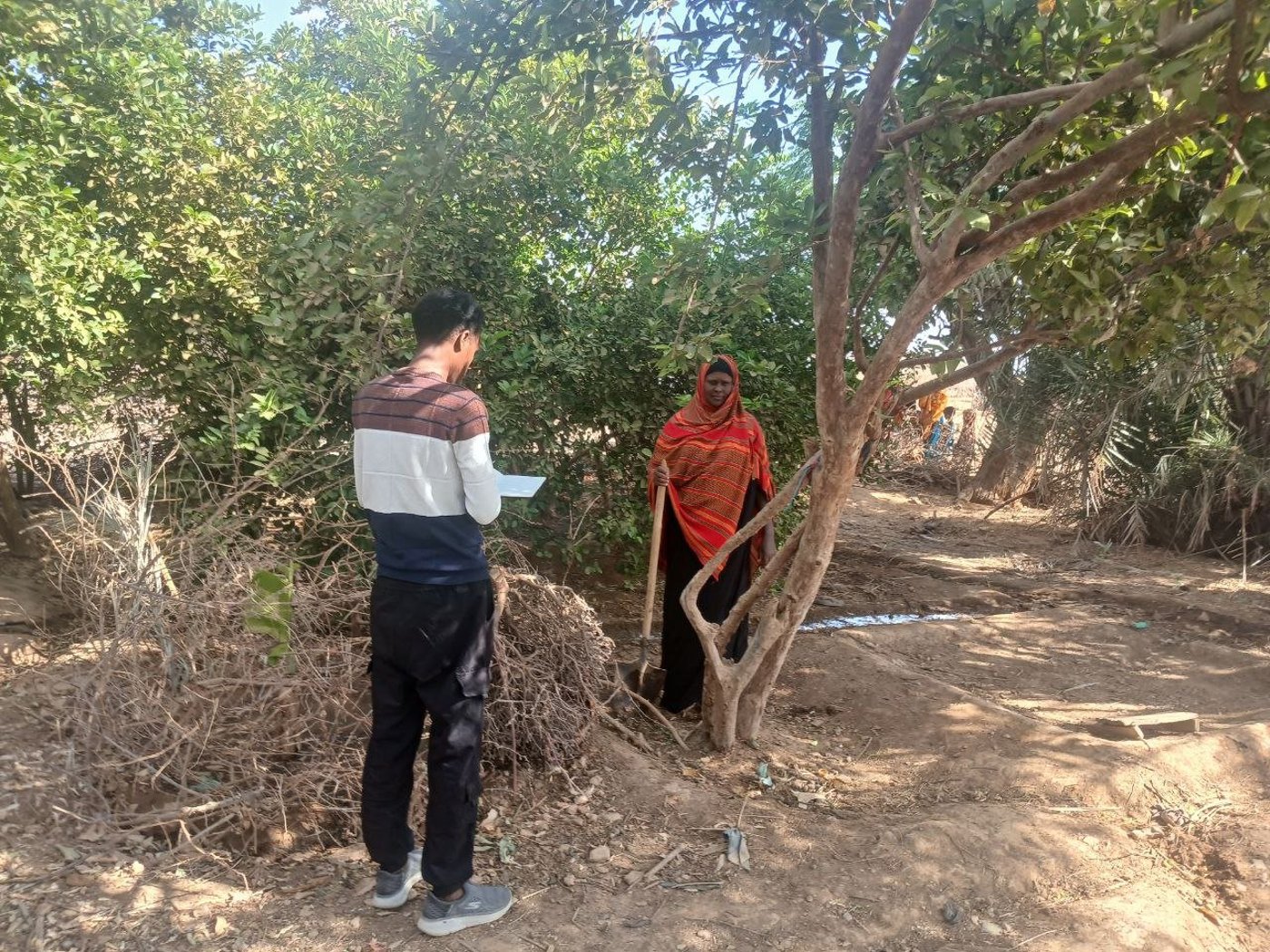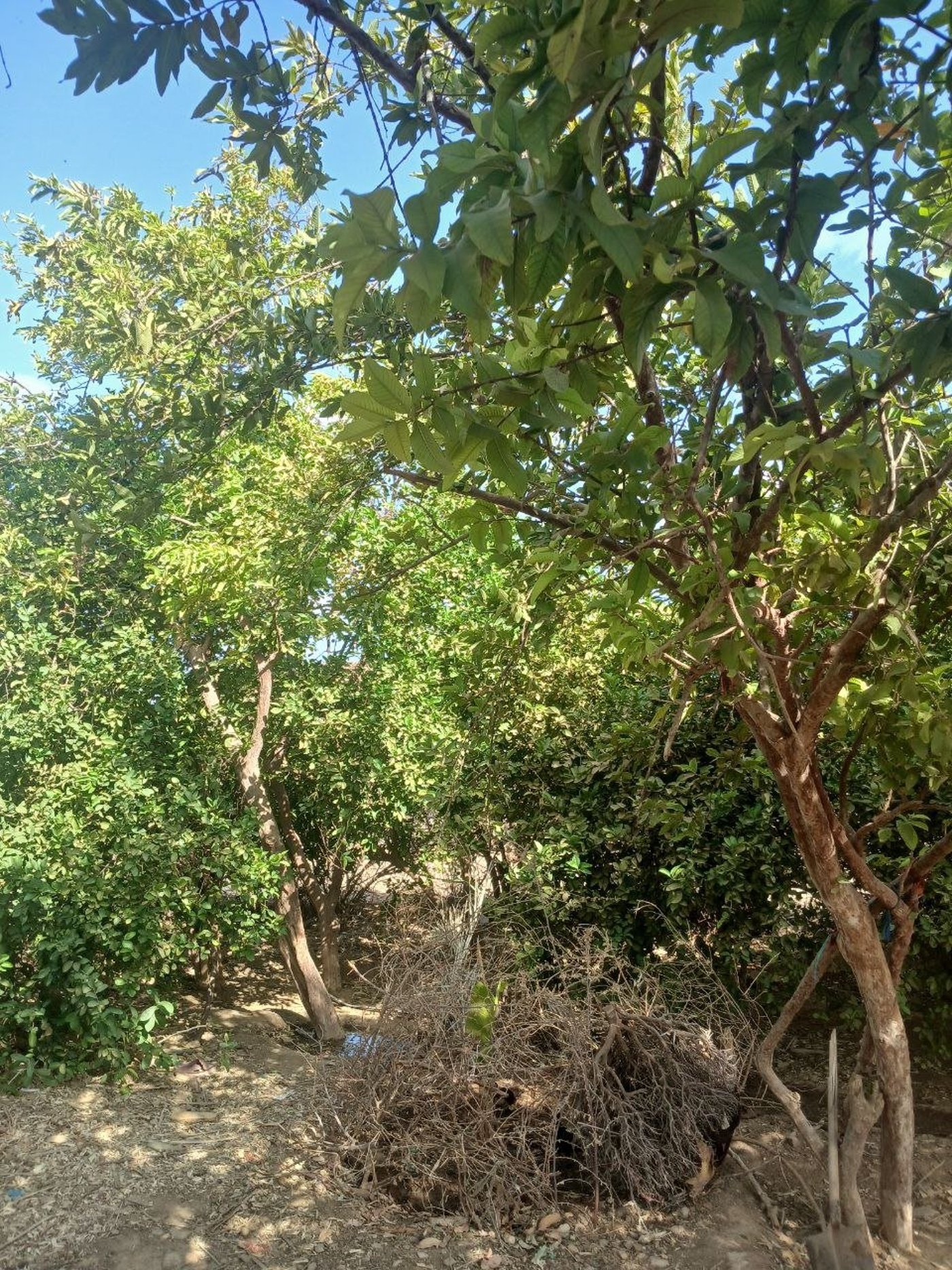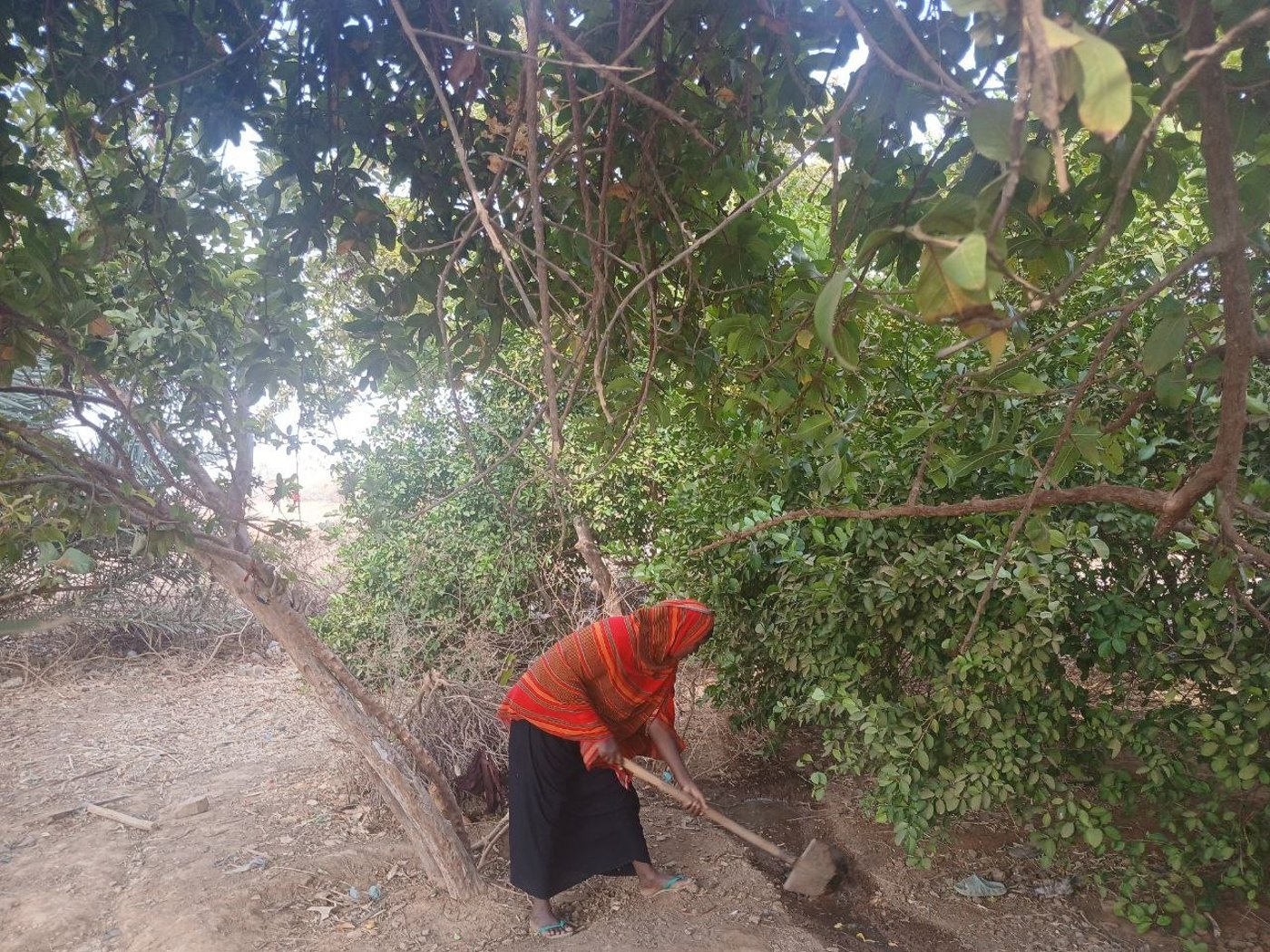A spark in the heat
The midday sun beats down on Melkadida refugee camp.
Dozens of people queue at the communal tap stand, jerrycans in hand. Buckets fill, children laugh, and clean water trickles away into the ground.
But while the taps brought relief, they also revealed a quiet problem: hours of queuing led to frequent spillage, and valuable water seeped into the sand.
Life on the edge of scarcity
Edie, 37, fled conflict near the Somali border in 2011. Like thousands of others, together with her husband and siblings, she found safety in Melkadida refugee camp, in Ethiopia’s Somali Region.
The camp, home to more than 200,000 refugees, sits in a dry, harsh landscape where every drop of water counts.
Life was hard: food was scarce, water precious and the future uncertain.
An idea takes root
Edie’s home sits just 50 metres from one of the communal taps stands.
“Every day, I saw clean water spill away,” she says. “I thought to myself: what if I could use this wasted water to grow something meaningful?”
Each afternoon, as she watched the runoff and imagined what could be done with it. Armed with a small shovel, she dug a narrow trench, guiding the wasted water into her compound.
Then she began planting date palms, lemons, and guavas, nurturing them daily with care and patience.
“I used my hands, a hoe, and my will,” she recalls. “I didn’t know if it would work, but I wanted to try.”
Within months, green shoots pushed through the soil. What began as a patch of barren ground became a small oasis of life.

A garden grows
Today, Edie’s small garden is flourishing.
She harvests lemons three times a year, earning around 200 birr [USD 1.3] per day for 45 days each season. Her guava trees ripen once annually, providing another 100 [USD 0.65] birr per day for a month.
With this income, Edie supports 14 family members: her husband, siblings, and children. Her garden has become both a source of food and financial stability.
Edie’s creativity has inspired others in Melkadida to follow her lead. Several neighbours have started small vegetable gardens, redirecting spilled water from tap stands or using wastewater to keep soil moist.

Turning waste into hope
Thanks to the Norwegian Refugee Council (NRC), the water supply in Melkadida provides families with clean, safe water for drinking and cooking. But for Edie, it has also become a foundation for something greater.
With support from United Nations High Commissioner for Refugees (UNHCR), NRC provides clean water, sanitation, and sustainable livelihood support for refugees and host communities in Ethiopia. In Melkadida, NRC’s systems supply thousands of households with safe water, empowering people like Edie to build better, more resilient futures.
Ethiopia is one of the world’s most neglected displacement crises. It may not make the headlines, but the needs are urgent. Share this story and help shine a light on the world's neglected displacement crises. Your voice matters when others remain silent.
Sign up to our newsletter to read more stories from around the world.


